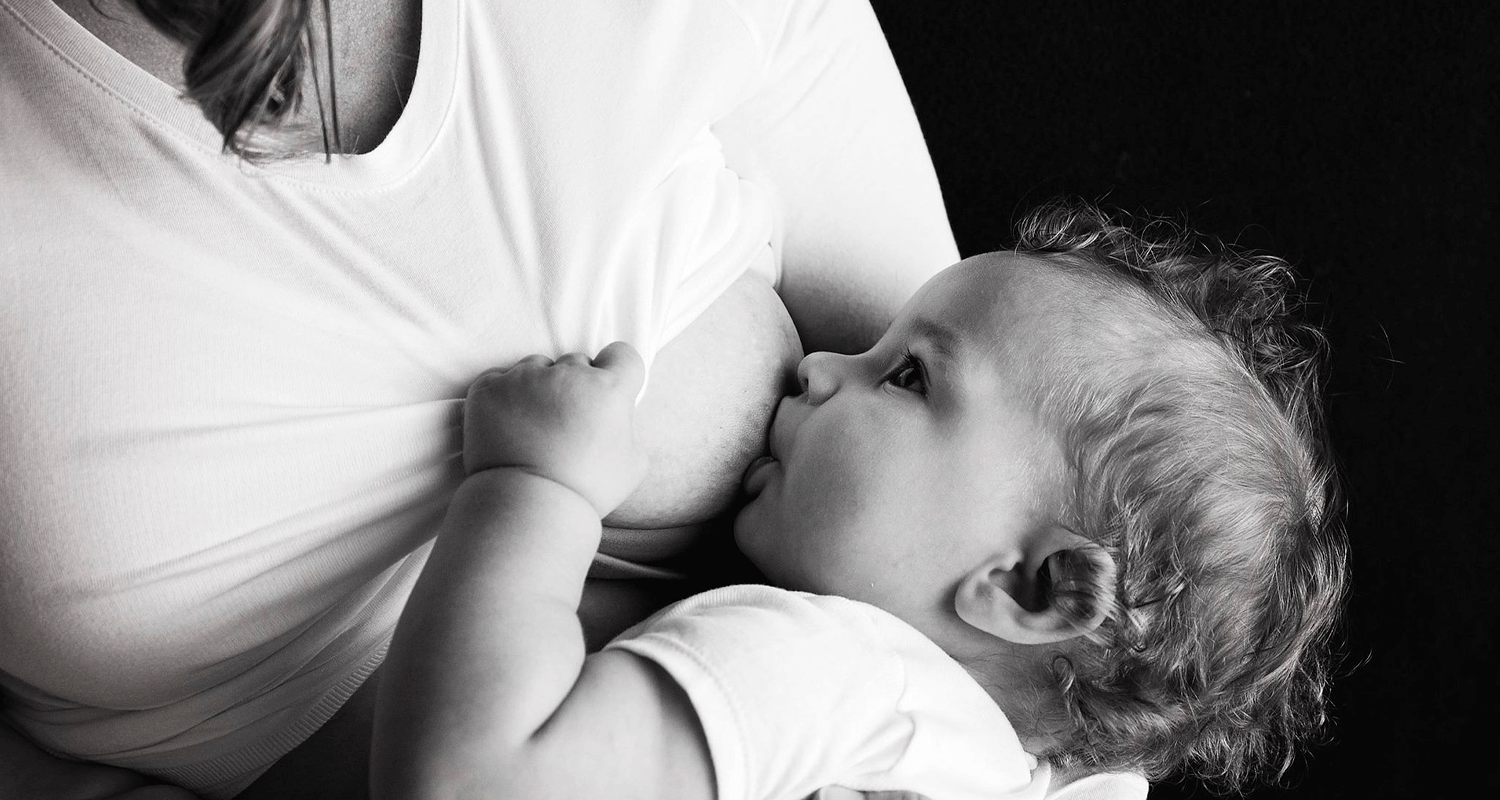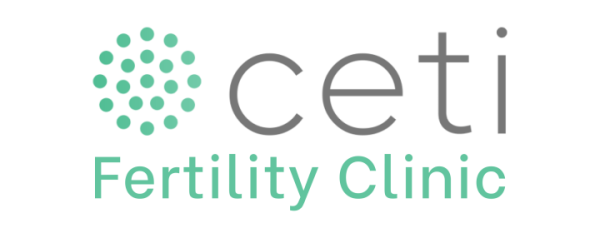
The importance of breastfeeding
Breast milk is an essential source of energy and essential fatty acids for the baby.
The World Health Organization (WHO) and UNICEF recommend exclusive breastfeeding for up to six months and continued breastfeeding with supplementary foods for up to two years of age or beyond.
What are the advantages of breastfeeding?
Both organizations claim that breastfeeding has many advantages for both mother and baby. Here are some of them:
Advantages for the baby:
- Causes less colic, as it is an easy food to eat;
- Reduces the risk of gastrointestinal infections;
- Strengthens immunity;
- Prevents allergies;
- Prevents anemia;
- Increases the bond with the mother;
- Promotes the development of the dental arch;
- Strengthens the lungs;
- Reduces the risk of obesity in the future;
- Improves future school performance.
Advantages for the mother:
- Helps the uterus to regress to its normal size;
- Reduces blood loss after childbirth;
- Faster postpartum recovery;
- Burns calories, helping the mother return to her normal weight;
- Prolongs the period of postpartum anovulation.
- Reduces stress;
- Reduces the risk of breast and ovarian cancer.
Helpful Tips for Successful Breastfeeding
Breastfeeding is not always easy and many mothers experience difficulties. Fortunately, many of the early challenges of breastfeeding are easy to deal with. To help you achieve successful breastfeeding, here are some tips:
- Adopt a comfortable position for both of you, which can vary between sitting, lying down or standing;
- Always be careful to support your back well;
- Place the baby’s body aligned facing yours, belly to belly;
- Position the baby’s nose and mouth towards your nipple;
- You should hold the breast in a C shape, taking care to leave the areola free;
- Encourage the baby to open his mouth wide;
- Insert the nipple and part of the areola into the baby’s mouth;
- Check if the baby is breastfeeding well;
- Identify whether the baby has had enough milk.
Care to be taken during the breastfeeding period
During this period, mothers should take care of their own diet and maintain healthy lifestyle habits. In order to contribute to the good health of your child while breastfeeding, we share with you six pieces of advice that should not be ignored:
- Maintain a balanced diet, with increased fluid intake (water, natural fruit juice or milk), around 1.5 to 2 liters per day;
- Do not drink more than two cups of coffee a day, as caffeine can cause irritation or nervousness in the baby;
- Avoid drinking alcoholic beverages, as this can harm the baby’s renal system;
- Avoid spicy foods so as not to interfere with the flavor of breast milk;
- Maintain a nutritious diet, avoiding high-calorie foods, foods rich in fat or sugar;
- Do not smoke;
- Do moderate physical exercise;
- Wear comfortable clothing, especially clothing that does not squeeze your breasts;
- Avoid taking medication that is not prescribed by your doctor.
